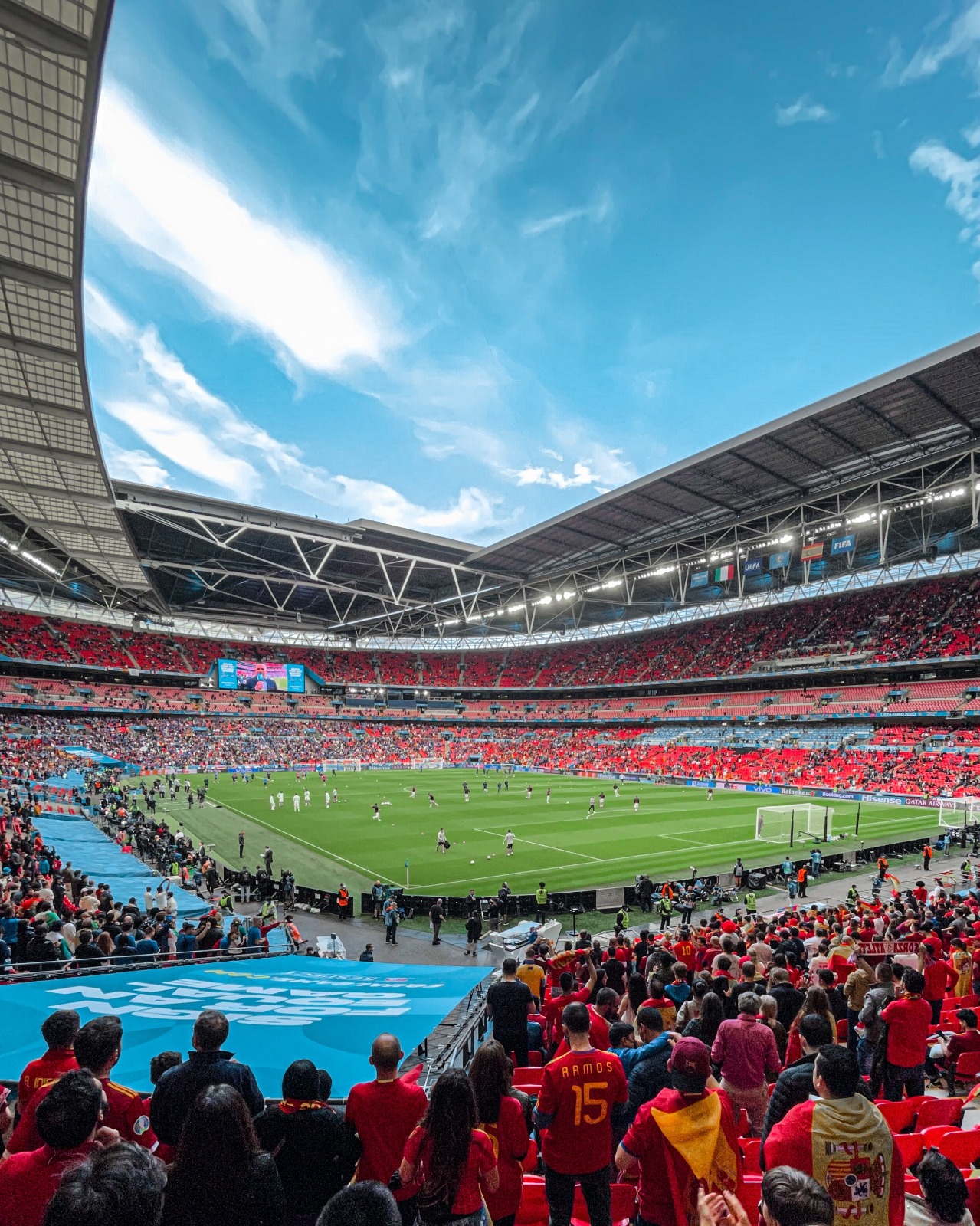Major League And Messi: Is This The Boost American Soccer Needs?

When it comes to major league sports, the USA is a hotbed of competition. When I say that, I am not just referring to the matches, games, and competitions that occur within the stadium, arenas, and courts, though of course that is what it is all about in terms of results. Beyond the sporting contest lies the competition for fans, including local, national, and global supporters, which extends to the television audience, always an important barometer of popularity and success.
With the NFL, NBA, and MLB, it is fair to say that the most watched and loved sports in America are entrenched. Thanks to a blend of sporting history, generations of old team allegiances, and the fabric of the sporting nation, even the much-enjoyed NHL often finds it difficult to shoehorn in when it comes to gaining more fans. When you think of how fans are devoted to a level of febrile passion to their respective football, baseball, and basketball teams, it is easy to see why other sports find it hard to gai and nurture their attention.
Keeping this landscape in mind, where does that leave Major League Soccer, and can this most popular of global sports really grow to the point that it becomes worthy of mentioning in the same breath as the other sports the USA loves above all others? Is it really conceivable to think that, one day, a UEFA Champions League Final of Manchester United v. Barcelona may gain close to the same viewing figures as the Superbowl? It may sound far-fetched, but it seems that the owners and executives behind Major League Soccer hope for this propitious future.
Global Players, Global Audiences: Can MLS Teams Attract Fans With Big Name Stars?
When the North American Soccer League started to attract professional, overseas players in the 1970s, the future of the sport in the USA was looking up. World cup winners including the late, great Pele, the superstar German Franz Beckenbauer the Dutch master Johann Cruyff and even the genius of George Best, all graced the fledgling league, promising to grow the game in the nation and make it compete with other sports in terms of popularity. With all the razzmatazz, money, star names, and endeavor, however, the league was gone by the end of 1984, but the love for the game was not necessarily so.
Even though the NASL did not last, the sport was not done by any means, and Major League Soccer has started the renaissance and is now attracting global names to seduce a ready and willing global audience. With the signing of Lionel Messi, arguably the best footballer ever to play the game, Inter Miami are the latest team to signal their intent. Already global superstars, including this world cup winner, are increasingly interested in this growing league. Pirlo, Beckham, Gerrard, and many more have enjoyed success in the MLS, and have helped attract more of a global audience for the sport in the USA.
As attendances at the matches continue to rise too, it would seem that these established soccer star signings are not only shining a light on the game for a wider televisual audience, but they are also filling the stadium, which is no easy thing these days. Add to this the increasing investment by owners such as David Beckham, more purpose build stadiums for large capacity attendances, and the inevitable growth based on all this, and the global audience is likely to grow, and the big soccer stars will likely continue to follow.
Media Marketing and TV Time Making Major League Soccer More Accessible
With this burgeoning interest, the momentum seems to be in a positive place, with the MLS being beamed to more countries than ever before and the television audiences for matches on the up. As ever, the media and marketing strategies of Major League Soccer play a significant part in all this. In Europe, a continent where Soccer, or football as it is known there, the MLS is now seen on almost every major sporting channel, ensuring that more and more people can enjoy and become devoted to it.
With the Lionel Messi signing, as with those such as David Beckham in the past, marketing becomes slightly easier, with these players bringing with them a legion of fans from around the globe, often with a passion for soccer that is unrivalled. Unsurprisingly, marketing is driven by both growing the fan base and also money. This is a sport that is worth billions and billions around the globe, with a world cup tournament that is the most watched sporting event as it comes round every four years.
More marketing, more fans, more money to pay players, more matches shown and streamed online, all of this plus extended and global television rights deals to show games are putting the MLS in a strong position, even in such a competitive market. Put simply, this entire situation has made soccer in America more accessible, shown by the fact that more grass roots teams are springing up as it becomes more popular with the younger generations. On balance, it would seem that the Messi magic is not only good for Inter Miami, but it also bodes well for the ongoing success of the entire MLS.




